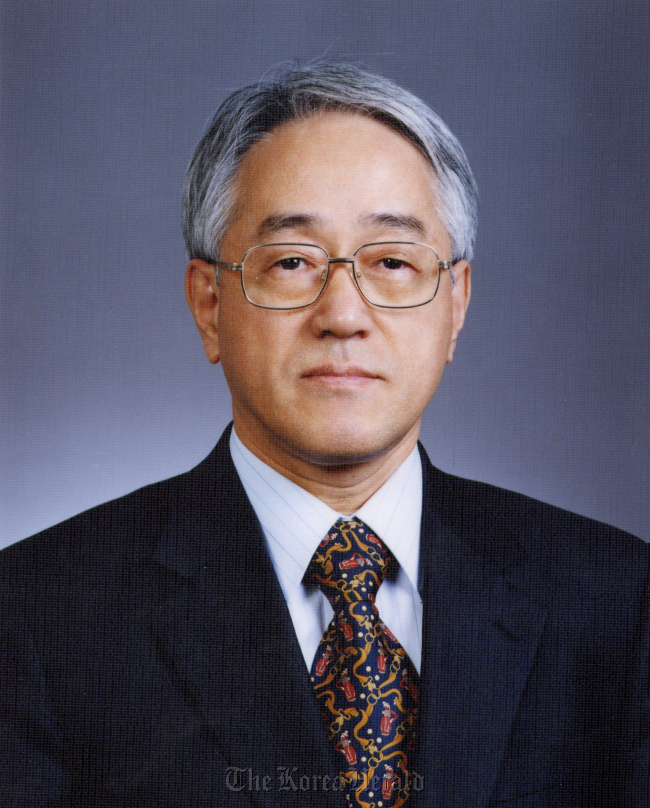The seed industry, which deals with total science technologies integrating genetic information and scientific expertise, is the link that connects various sectors including the food industry, preventive medicine industry and life science industry, said Kim Byung-dong, honorary professor at Seoul National University.
“We should not be satisfied with domestic consumption (in the seed industry) but seek for a bigger development in the sector by grafting life-science technologies to it and making it exportable,” said Kim at the International Seed Testing Seminar held on Sept. 20 at aT Center in southern Seoul.
 |
Kim Byung-dong |
About 150 experts working in the seed industry in Asian countries as well as in academia attended the seminar to discuss ways to develop the field in Korea.
Suh Kyu-yong, minister of food, agriculture, forestry and fisheries, pointed out that 10 years into the future will be the most crucial time for the development of Korea’s seed industry.
The industry, which enables the creation of a new variety of crops by crossing different existing types, is considered one of the world’s growth engines in the 21st century. Developed countries have already started to make big investments in the field, pushing it as a strategic industry, according to the experts who attended the seminar.
Here, Kim discovered for the first time in the world the Capsaicin synthetase, which is responsible for the pungent flavor in hot peppers. Other than the monumental discovery, however, the industry is still in the beginning stage, said experts.
Kim emphasized that excellent students should participate in enhancing the competence of the industry by adapting cutting-edge technologies. He also stressed that government investment, which used to be focused on the basic industries, should now shift to biochemistry, molecular genetics and breeding science. Nurturing talent who can contribute to creation of fundamental technologies is also important, Kim said.
By Park Min-young (
claire@heraldcorp.com)






![[Herald Interview] 'Trump will use tariffs as first line of defense for American manufacturing'](http://res.heraldm.com/phpwas/restmb_idxmake.php?idx=644&simg=/content/image/2024/11/26/20241126050017_0.jpg)
![[Health and care] Getting cancer young: Why cancer isn’t just an older person’s battle](http://res.heraldm.com/phpwas/restmb_idxmake.php?idx=644&simg=/content/image/2024/11/26/20241126050043_0.jpg)
